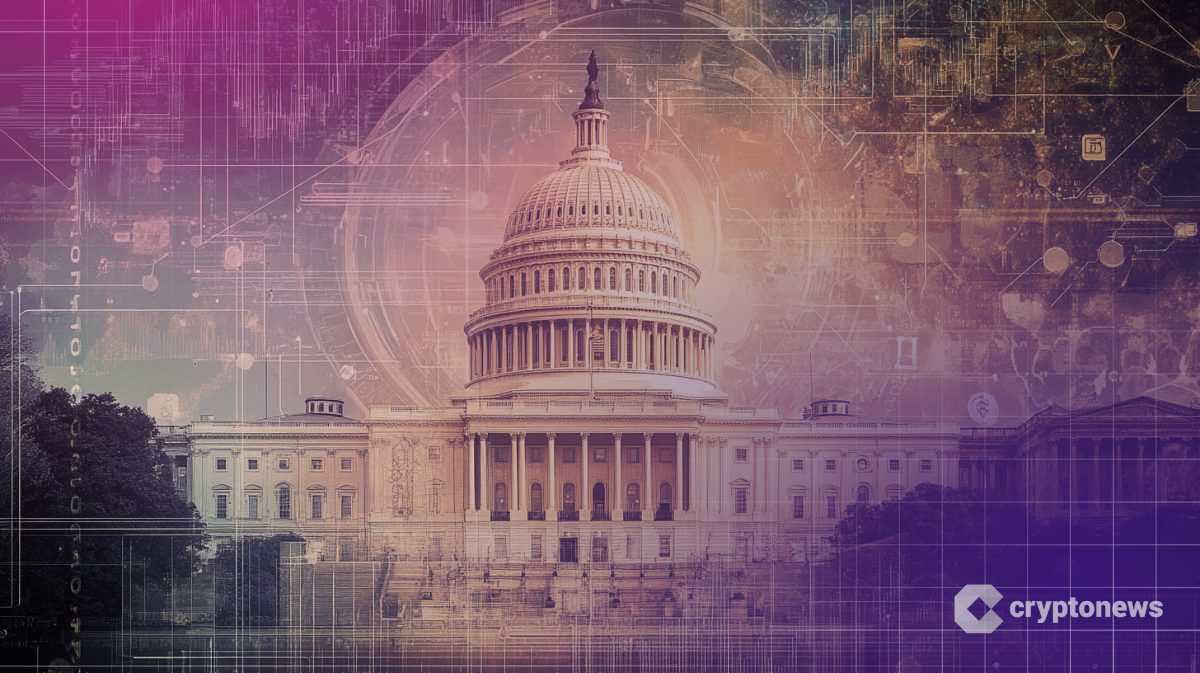King Charles III has been crowned at London’s Westminster Abbey, on a day of ancient ceremony and military spectacle that drew on a millennium of the nation’s history.
Global leaders and foreign royalty on Saturday attended the event at the Abbey — scene of royal coronations since William the Conqueror was crowned in 1066 — at the start of a day of celebrations.
The ceremony, the first since Queen Elizabeth II’s coronation in 1953, was attended by about 2,000 guests. King Charles was crowned at 12.02pm to the cry “God save the King”. His wife, Queen Camilla was crowned shortly afterwards.
The service was presided over by Justin Welby, the Archbishop of Canterbury. Charles III is supreme governor of the Church of England as well as monarch of the UK and 14 Commonwealth realms.
In a reminder of Britain’s turbulent religious past, the monarch opened the service with the oath: “I, Charles, do solemnly and sincerely in the presence of God profess, testify and declare that I am a faithful Protestant.”
Rishi Sunak, UK prime minister, gave a bible reading from the Epistle to the Colossians and the congregation intoned: “God Save King Charles.” However, leaders of a number of faiths in Britain played a role in the ceremony.
The face of Britain has changed considerably since Queen Elizabeth’s coronation. Sunak is a Hindu while Sadiq Khan, the mayor of London, and Humza Yousaf, Scotland’s first minister, are Muslims.
Ahead of being crowned, King Charles was anointed by the archbishop — away from public view — with holy oil from the Mount of Olives in Jerusalem.
Some 7,000 personnel took part in the biggest military parade for 70 years following the coronation ahead of an appearance by the royal family on the balcony of Buckingham Palace around 2pm. A military fly-past by 60 aircraft is also planned.
Rain fell through much of the procession and ceremony, similar to the meteorological conditions that greeted Queen Elizabeth II’s coronation.
The country has been given a Bank Holiday weekend to mark the event, and street parties are planned across the country.
The ceremony was surrounded by a huge security presence. The head of the campaign group Republic, Graham Smith, was arrested in Trafalgar Square. The group said five other demonstrators were also detained while unloading placards near the coronation route. “So much for the right to peaceful protest,” the group said.
Event organisers also planned for the possibility of protests aimed at visiting world leaders.
A suggestion by the Archbishop of Canterbury, that the public should be invited to take part by saying an oath of allegiance to the king, had caused controversy.
Jonathan Dimbleby, the broadcaster and a friend of King Charles, said he thought the monarch would find the idea “abhorrent”.
Stephen Cottrell, Archbishop of York, told the BBC that the “words of invitation” had changed and people would be asked to express their support for the king “in a slightly different way”.
London has been steadily filling with foreign visitors over the past week. On Friday the King hosted a reception at Buckingham Palace for foreign royals and other guests, including US first lady Jill Biden and Olena Zelenska, the Ukrainian first lady.
Sunak said the coronation was a “moment of extraordinary national pride”.
He added: “It’s a proud expression of our history, culture and traditions. A vivid demonstration of the modern character of our country. And a cherished ritual through which a new era is born.”
Credit: Source link











